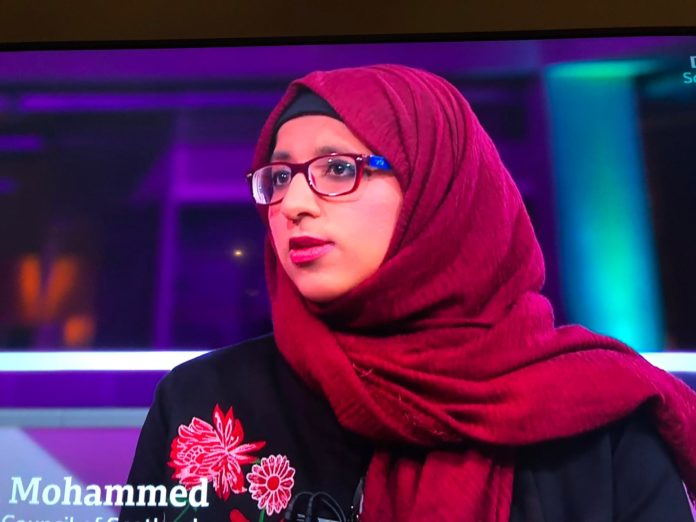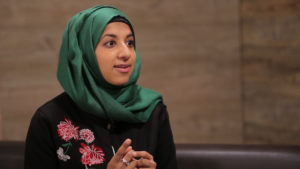The Muslim Council of Britain has elected its first female Secretary General – the Scottish training and development consultant Zara Mohammed.
Ms Mohammed was elected by the affiliates of the MCB, which is the UK’s largest Muslim umbrella body, after voting concluded this week.
She succeeds Harun Khan, who has completed a maximum of four years as the head of the organisation.
Zara Mohammed won the majority of affiliate votes while Ajmal Masroor, an imam, teacher and broadcaster, failed in his bid for the post.
Upon her election, Zara Mohammed, said: “My vision is to continue to build a truly inclusive, diverse and representative body; one which is driven by the needs of British Muslims for the common good. Being elected as the first female Secretary General is quite an honour and I hope it will inspire more women and young people to come forward to take on leadership roles. They are the future of this organisation and our society.”
Completing his term, outgoing MCB Secretary General, Harun Khan, said: “It has been a privilege and honour to serve our communities over the past four and a half years as Secretary-General of this great national institution. There have been some amazing achievements during my tenure which stand testament to the dedication of volunteers, staff and our members. I wish the very best of success to Ms Zara Mohammed – may she continue to lead this organisation to greater heights for the betterment of our communities across the country.”
Mohammed, from Glasgow, is a Master’s graduate in Human Rights Law and was formerly an Assistant Secretary General for the Muslim Council of Britain.
Subscribe to our newsletter and stay updated on the latest news and updates from around the Muslim world!
In a recent debate on Islam Channel Mohammed said she would create a diverse and inclusive organisation should she win.
“We are dealing with an unprecedented time with huge challenges before us,” she said. “I’m already part of the leadership team, doing the work, delivering on the ground, and I think what we need to do now is build on the foundations of the excellent work the MCB is already doing.
“We need to further engage, not just within, but we need to build alliances with civil society, we need to be seen as an organisation that doesn’t just benefit Muslims but benefits non-Muslims too. We need to be a symbol of hope and of confidence, we need to continue to empower each other… and finally we need to excel as an Ummah and as individuals.
“Why doesn’t the non-Muslim community look to us for the solutions? Why can’t it be seen that the Muslim community is doing a fantastic job right now, not just in being good but in being leaders that we all want to follow?”
In response to accusations that the organisation had lost connection with the ordinary Muslims of Britain, she pledged to work hard on winning grassroots support.
On the issue of tackling racism within the Muslim community, particularly against Black Muslims, she said she would make this a priority in her term as Secretary General.
And on the Prevent counter-terrorism programme Mohammed recommended a pragmatic approach, working with the government to reduce the impact of counter-terrorism policies on Muslim communities which she said “hits home and hits hard.” She said she would aim to establish a relationship where the MCB can advise the government against what she referred to as “abusive” acts committed in the name of counter-terrorism.
Meanwhile, Hassan Joudi was re-elected as Deputy Secretary General.
The Muslim Council of Britain says it is the UK’s largest and most diverse national Muslim umbrella organisation with over 500 members including mosques, schools, charitable associations and professional networks.
Founded in 1997, it says its mission is to empower Muslim communities to achieve a just, cohesive and successful British society.
The MCB publishes reports, guidelines and resources to inform the mainstream discourse on British Muslims and to empower its member organisations across England, Wales, Scotland and Northern Ireland. It considers itself independent, cross-sectarian and democratic.























